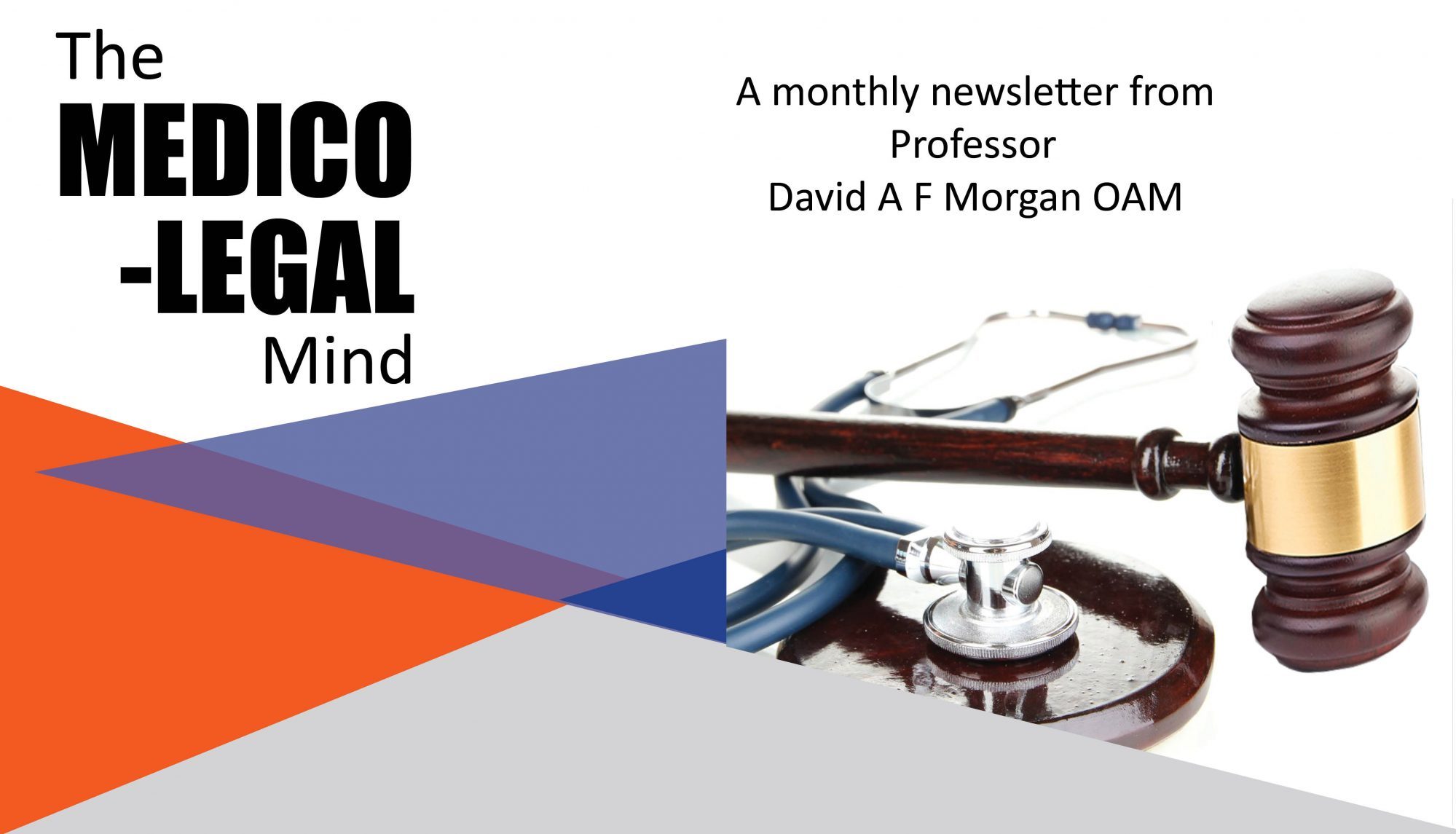LEAD ARTICLE – OCTOBER 2018
Horses for Courses
Whilst I am reluctant to revisit issues, there are some that are so important that reiteration is valuable.
When choosing the expert for the opinion you require for the purpose of litigation, it is imperative that the chosen one has the necessary training, experience and competence. Unfortunately, the obligation rests with you, the requesting solicitor, to ensure that the expert possesses those qualities. I can assure you, there are some experts who will not tell you when they do not.
The most glaring error I encounter on a monthly basis (if not more frequently) is where Occupational Health Physicians stray into the field of orthopaedic surgery. The reasons for their transgression are sometimes mysterious. I assume that temptation, the lure of filthy lucre, pride and ego all play a part to a greater or lesser extent. Lack of insight could be one too.
Whatever the reason, Occupational Health Physicians are ill-equipped to comment with clarity, confidence or cogency on orthopaedic maladies. Their incompetence is visible at many levels.

The details provided in the history that is gleaned by the Occupational Health Physician are frequently inadequate to assist in the diagnostic process. The clinical examination is usually equally bereft, lacking depth and accuracy. The formulation of a diagnosis is usually borrowed from another source or report and the final analysis, including impairment assessment, is sometimes woefully inaccurate.
Orthopaedic Surgeons trained in this country (or from elsewhere but who have obtained the Fellowship of the Royal Australasian College of Surgeons) and are members of the Australian Orthopaedic Association, have climbed a very high mountain to achieve that honour. The study, the experience, the Registrarships and the examination processes are stringent, tortuous and thorough. A Fellowship holder in orthopaedics possesses extraordinary skills in the understanding and treatment of orthopaedic pathologies.
Practitioners not possessing the Fellowship in orthopaedic surgery are less skilled, less reliable and less able. I view it as being particularly unwise to use a peripheral specialist to comment on matters that are principally of an orthopaedic origin.

That is not to say that there is no place for Occupational Health Physicians. I recognise their experience in industrial medicine, workplace health and safety issues, epidemiological analyses and contributions to employment welfare. That is their sphere. That is where they should remain.
You may ask why I bother writing on the issue. The answer is simple. Reports that are well-produced by experts in their field, regardless of the soliciting source, will usually have congruous essential threads. That is to say, there will be little variation, little room for manoeuvre and little argument that cannot be solved at mediation. The need to progress to trial should be rare, costs should be contained and the anguish experienced by plaintiffs minimised.
It has been my experience that this smooth professional course towards a solution is disrupted by poorly informed orthopaedic opinions from Occupational Health Physicians.
